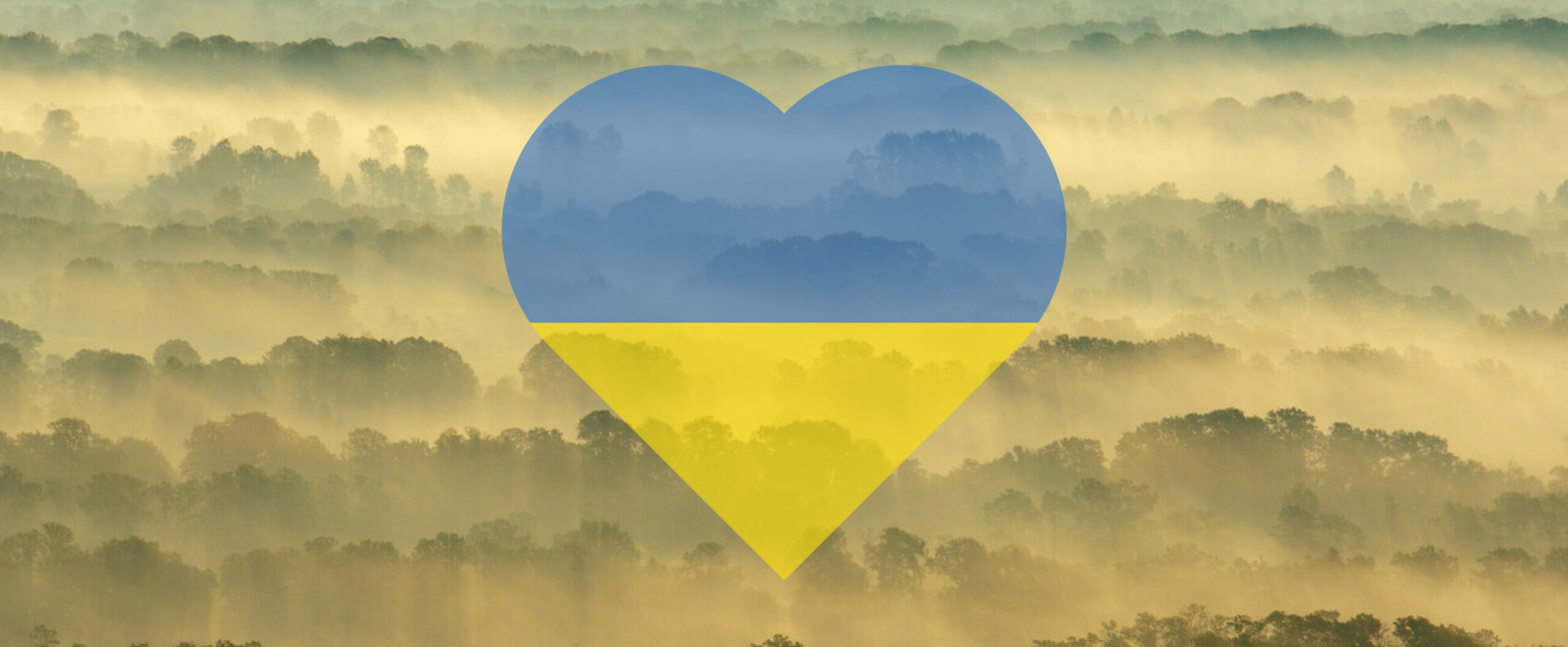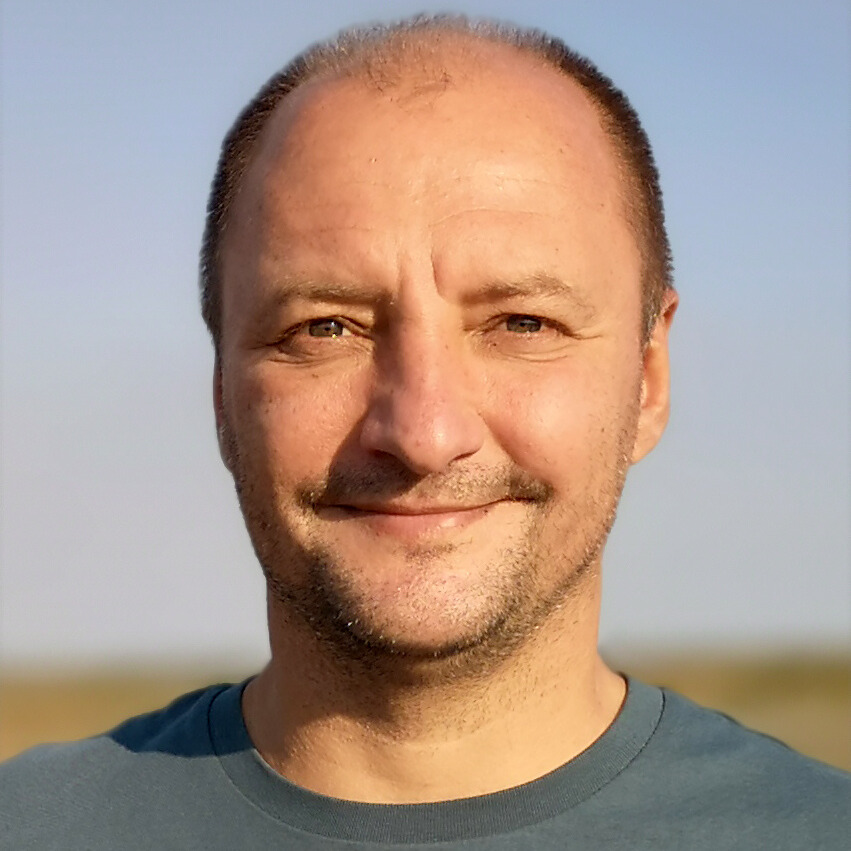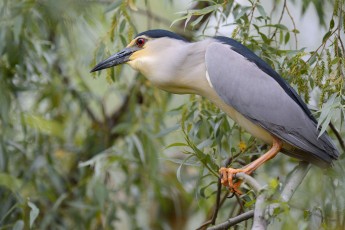
Night heron (Nycticorax nycticorax)
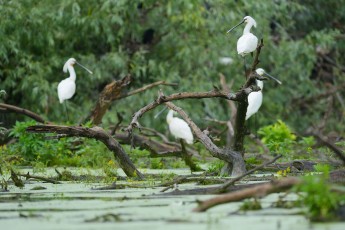
Eurasian Spoonbill (Platalea leucorodia)
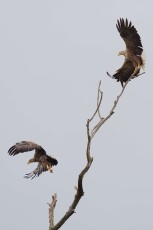
White-tailed sea eagle (Haliaeetus albicilla)
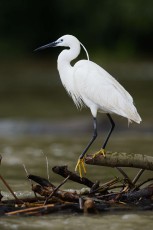
Little egret (Egretta garzetta)
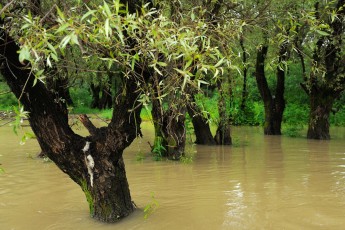
Swamp forest
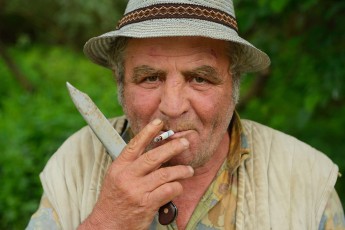
Fisherman in Crisan commune, Romania
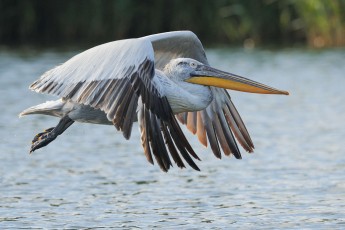
Dalmatian pelican (Pelecanus crispus)
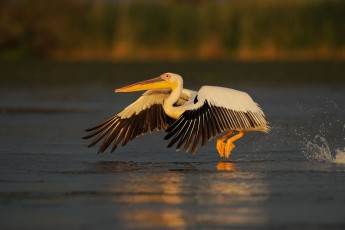
White pelican (Pelecanus onocrotalus)
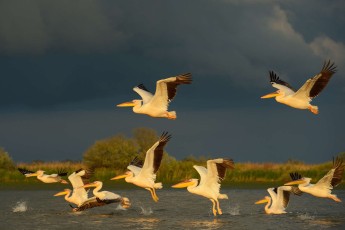
White pelicans (Pelecanus onocrotalus)
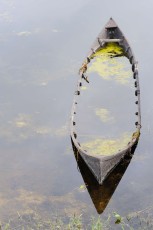
Sunken boat in Crisan commune, Romania
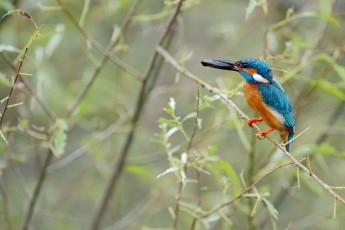
Kingfisher (Alcedo atthis)
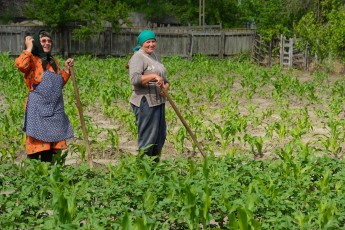
Letea village, Romania
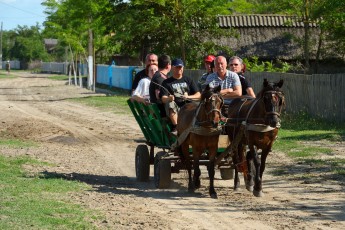
Horse wagon trip in Letea village, Romania
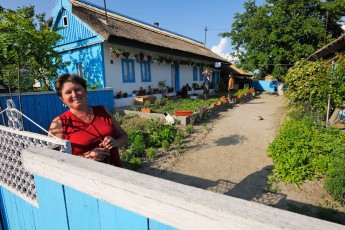
Guesthouse in the Danube delta rewilding area, Romania
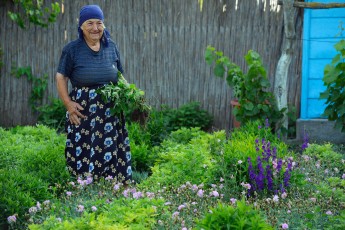
Farm lady in Letea village, Romania
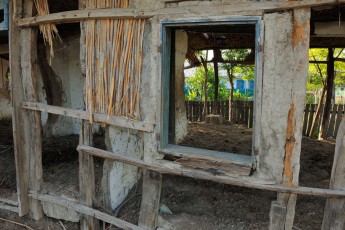
Land abandonment results in Letea village, Romania
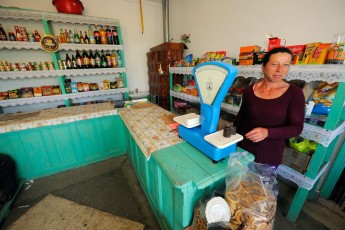
Shop in Letea village, Romania
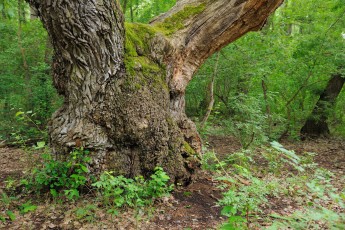
Oaks (Quercus robur) in Letea forest, in a strictly protected nature reserve, Romania
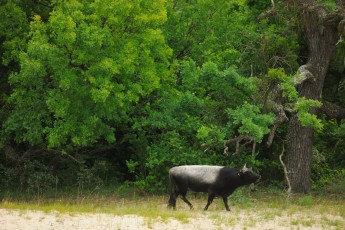
Primitive cattle breed, near relative to the aurochs, in Letea forest, Romania
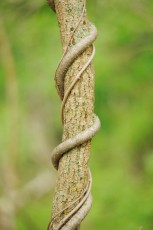
Silk vine (Periploca graeca) in Letea forest, strictly protected nature reserve, Romania
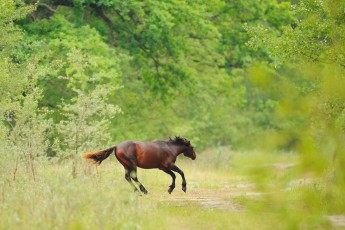
Wild horses from ancient race in Letea forest, Romania
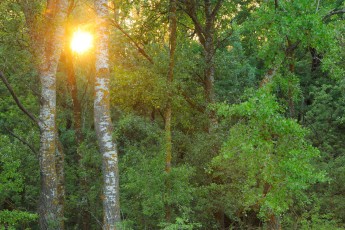
Poplars (Populus alba/nigra) in Letea forest, Romania
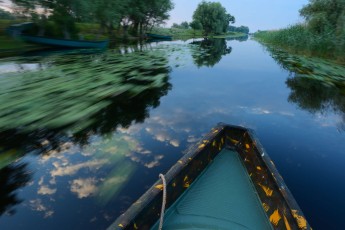
Boat trip in the Danube delta rewilding area, Romania
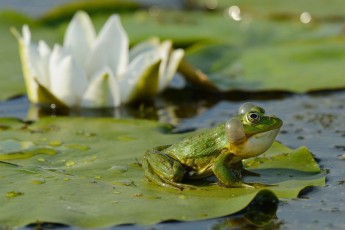
Pool frog (Pelophylax lessonae)
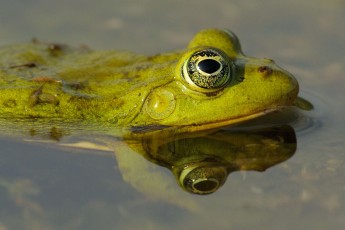
Pool frog (Pelophylax lessonae)
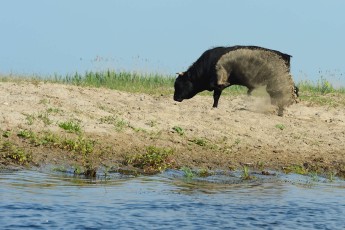
Cattle in the Danube delta rewilding area, Romania
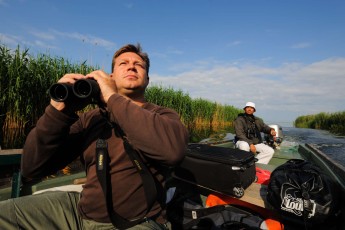
Birdwatcher Cristian Mititelu in the Danube delta rewilding area, Romania
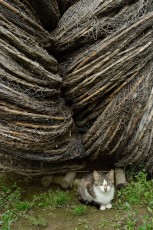
Cat among fishing gear in Crisan commune, Romania
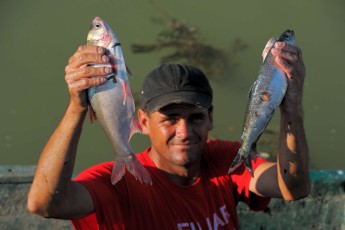
Fish catch near Sfinthu Gheorghe - Pontic shad/Danube mackerel and Chinese grass carp
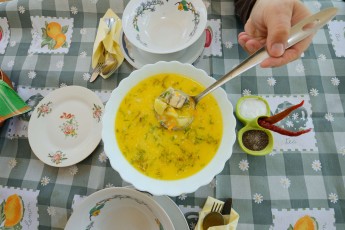
Fish soup serving at Mama Sika's guesthouse in Sfintu Gheorghe, Romania
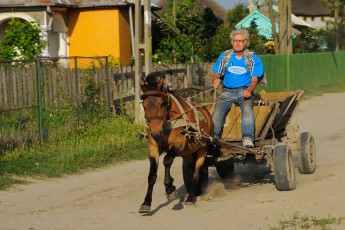
Horse transport in Sfinthu Gheorghe, Romania
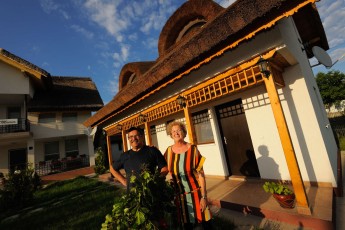
Guesthouse hosts of Villa Maria in Sfinthu Gheorghe, Romania
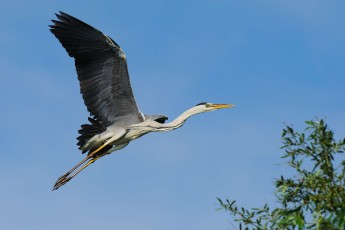
Grey heron (Ardea cinerea)
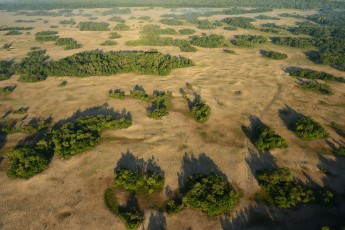
Aerial over Letea forest in the Danube Delta rewilding area in Romania.
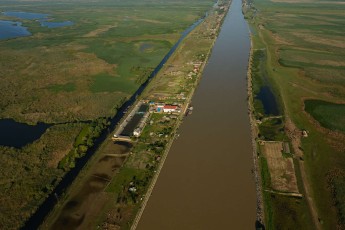
Aerials over the Danube delta, Romania
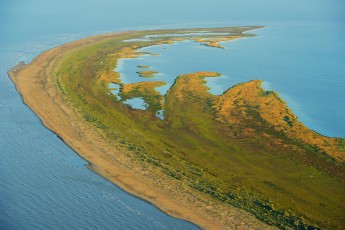
Aerials over the Danube delta rewilding area, Romania
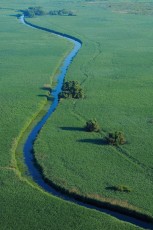
Aerials over the Danube delta rewilding area, Romania
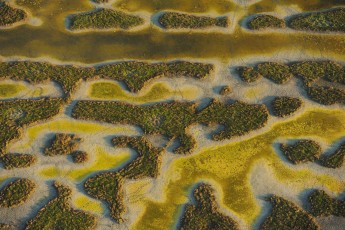
Aerials over the Danube delta rewilding area, Romania
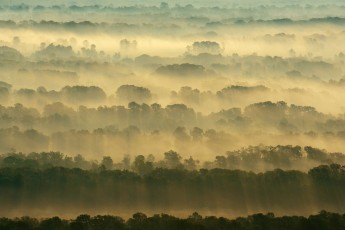
Aerials over the Letea forest, Romania
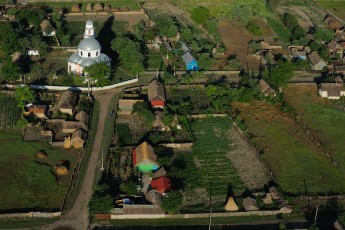
Aerials over Letea village, Romania
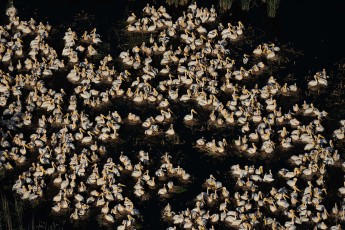
White pelicans (Pelecanus onocrotalus)
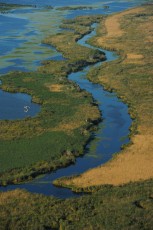
Aerials over the Danube delta rewilding area, Romania
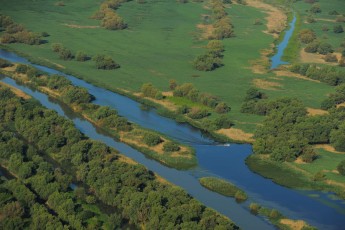
Aerials over the Danube delta rewilding area, Romania
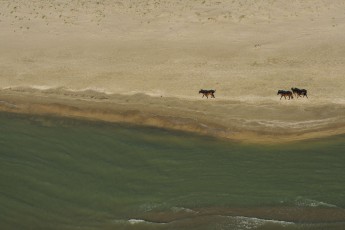
Wild horses
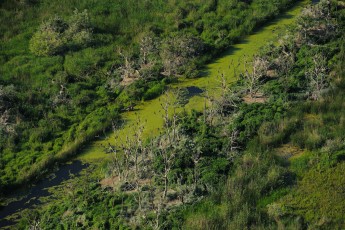
Cormorant colonies (Phalacrocorax carbo)
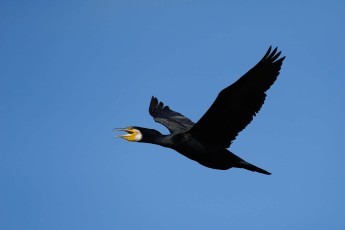
Great cormorant (Phalacrocorax carbo)
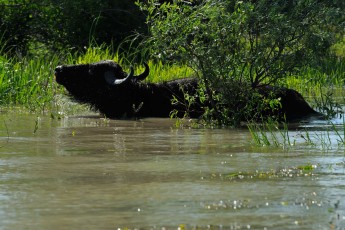
Water buffalo (Bubalus bubalis)
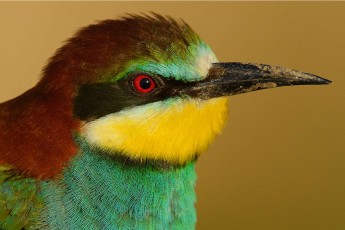
European bee-eater (Merops apiaster)
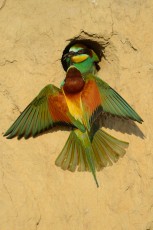
European bee-eater (Merops apiaster) at breeding site
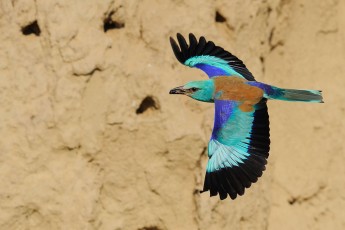
Eurasian roller (Coriacias garrulus) in Danube Delta rewilding area, Romania.
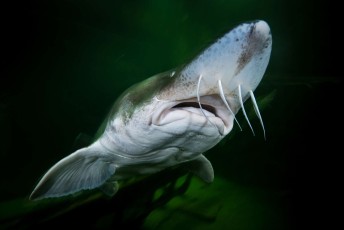
Beluga or European sturgeon (Huso huso), heavily fished for the female's valuable roe known as beluga caviar the beluga is a huge and late-maturing fish that can live for 118 years, but is critically endangered
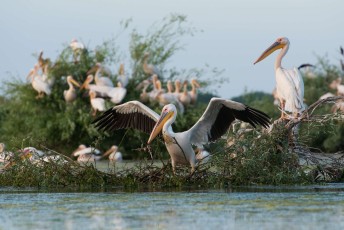
White pelican (Pelecanus onocrotalus) gathering in a small lake of the aquatic komplex Somova-Parches, close to Somova village, Romania
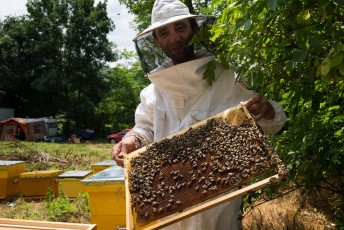
Romanian bees at the manmade beehives surrounded by linden trees next to the forest Valea Fagilor close to Macin Mountains National Park
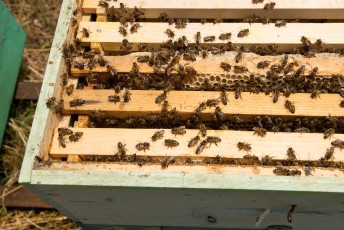
Romanian bees at the manmade beehives surrounded by linden trees next to the forest Valea Fagilor close to Macin Mountains National Park
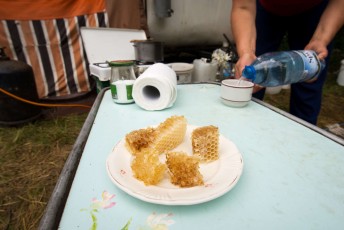
Honeycomb is a mass of hexagonal wax cells built by honey bees in their nests to contain their larvae and stores of honey and pollen
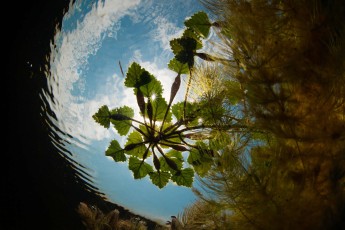
Water chestnut (Trapa natans) is a floating annual aquatic plants, growing in slow-moving water up to five meters deep, have been cultivated in China and India for at least 3000 years for the edible seeds
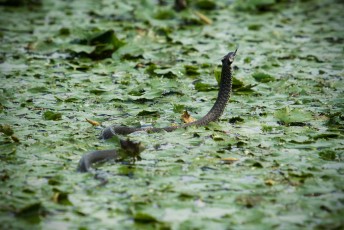
Grass snake (Natrix natrix), sometimes called the ringed snake or water snake, making its way on top of a carpet of water chestnut plants. It is a non-venomous snake often found near water and feeds almost exclusively on amphibians
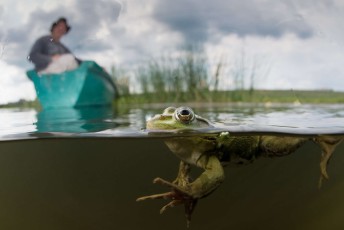
Pool frog (Pelophylax lessonae) is very similar in appearance to the closely related edible frog and marsh frog these three species are often referred to as "green frogs"
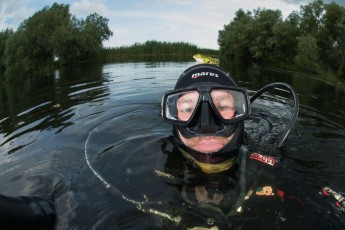
A pool frog (Pelophylax lessonae) joins underwater photographer Magnus Lundgren
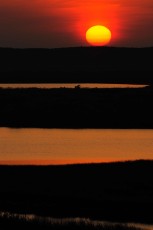
Sunrise over the Danube delta rewilding area, Romania
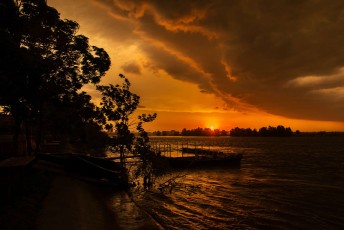
Dramatic thunderstorm coming over the Danube delta at dusk
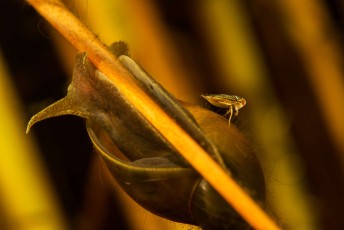
Water boatman landed on a great pond snail, a species of large air-breathing freshwater snail in the family Lymnaeidae
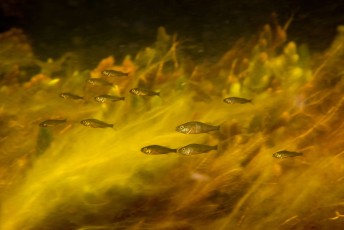
A school of ruffe, also known as pope (Gymnocephalus cernua)
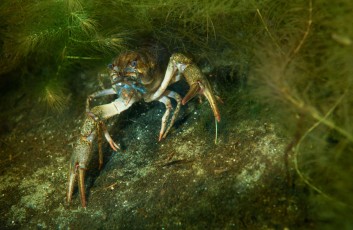
Narrow-clawed crayfish or Danube crayfish (Astacus leptodactylus) hiding in the weed, this is a species of crayfish imported and introduced to Central Europe in 19th century from the Caspian Sea
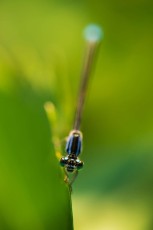
Blue-tailed damselfly (Ischnura elegans)
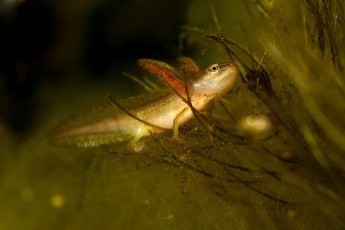
A minute smooth newt (Lissotriton vulgaris) in its larva stage the gills are still on the outside of the body making it look a bit like a 20 mm long dinosaur
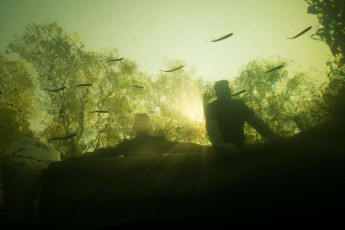
Watching the river from the boat
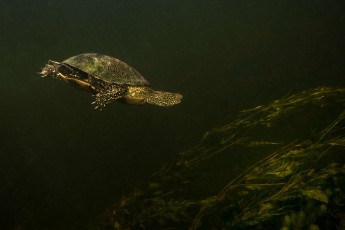
European pond turtle, or European pond terrapin (Emys orbicularis)
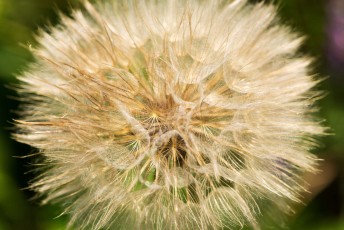
Close up of a dandelion
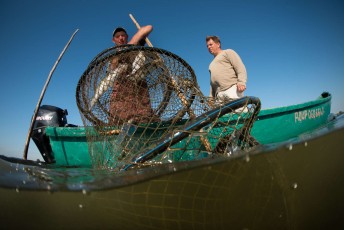
Traditional fishing with fyke net
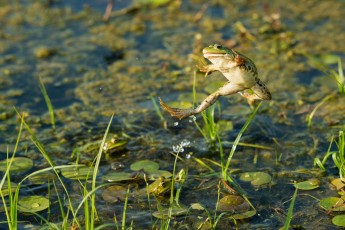
Marsh frog (Pelophylax ridibundus) is the largest frog native to Europe and belongs to the family of true frogs
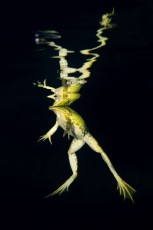
Reflection of a pool frog (Pelophylax lessonae) at night
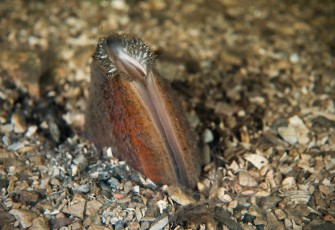
Painter's mussel (Unio pictorum) is called so because the shell was historically used as a conveniently sized and shaped receptacle for holding artist's paint
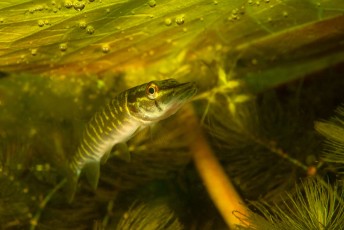
Northern pike (Esox lucius) hiding in the shadow of waterlily leafs
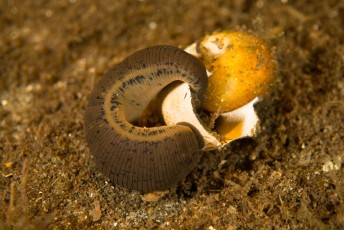
A large European medicinal leech (Hirudo medicinalis) investigating a snail shell on the bottom
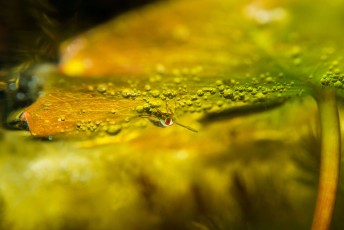
Water boatman under a waterlily leaf. A water boatman is an aquatic insect that inhabit ponds and slow moving streams, where they swim near the bottom, there are about 500 known species worldwide
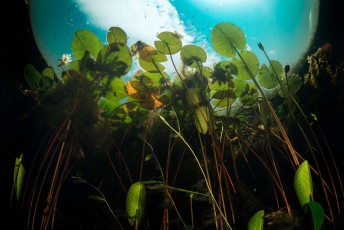
European white waterlilies (Nymphaea alba) in a tributary of Danube Delta, Romania

